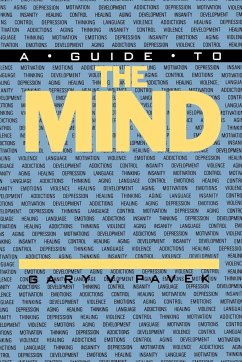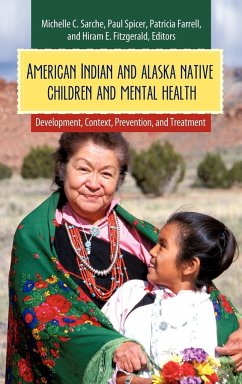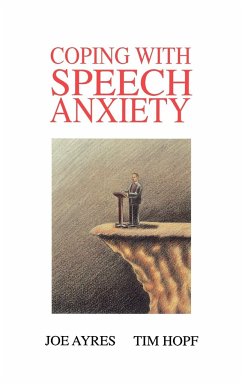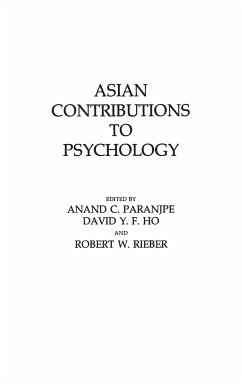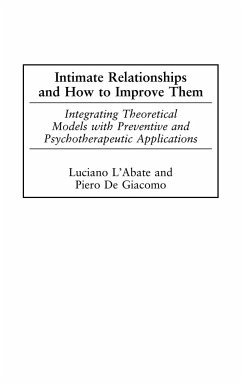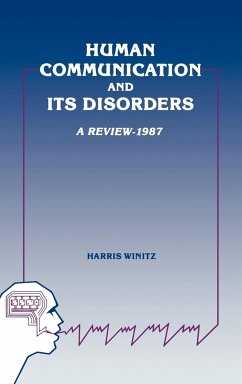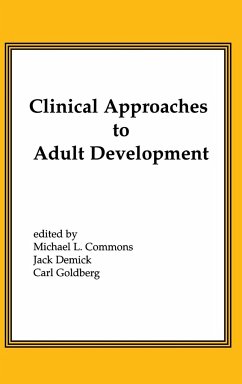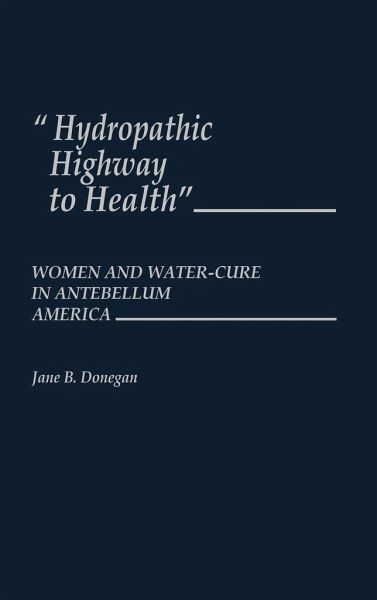
Hydropathic Highway to Health
Women and Water-Cure in Antebellum America
Versandkostenfrei!
Versandfertig in 1-2 Wochen
87,99 €
inkl. MwSt.

PAYBACK Punkte
44 °P sammeln!
?This well-organized and scholarly monograph presents a welcome conribution to medical history and the history of women in early 19th century America. The study focuses on hydropathy, or the water-cure method, that promised health if followers combined rejection of medication with a complicated hygienic routine, wholesome diet, and exercise. One of several medical sects that challenged orthodox medicine, hydropathy competed for clientele in the laissez-faire climate of antebellum America. The genesis of health reform was twofold. By its optimistic themes of self-help, individual responsibility...
?This well-organized and scholarly monograph presents a welcome conribution to medical history and the history of women in early 19th century America. The study focuses on hydropathy, or the water-cure method, that promised health if followers combined rejection of medication with a complicated hygienic routine, wholesome diet, and exercise. One of several medical sects that challenged orthodox medicine, hydropathy competed for clientele in the laissez-faire climate of antebellum America. The genesis of health reform was twofold. By its optimistic themes of self-help, individual responsibility, and eradication of disease through self-awareness and right-living, ' it merged with general perfectionist and evangelist ethos that energized the early 19th century and culminated in the great ameliorative physicians, whose practices were mostly ineffective in curing disease, and in too many instances actually threatened life. These years witnessed the introduction of physicians into the birthing room (justified by redefining pregnancy as disease); heroic methodology and operative intervention during birth followed. Hydropathic insistence that pregnancy and childbirth represented natural events, and hydropathic enlistment of women physicians as better qualified to treat women patients, contributed to the general reform of medical practice and gives the sect a prominent place in women's history. Recommended.?-Choice





